Legacy Beyond the Algorithm: Succession in the Age of AI
In the gilded halls of legacy families and the confidential boardrooms of family offices, succession has always been a rite of passage—reverent, meticulous, and steeped in tradition.
But we are now standing at the precipice of a future so radically different, it demands that we unlearn what we once held sacred and reimagine what it truly means to inherit leadership in an era where intelligence can be downloaded, and expertise is rapidly democratizing.
We’ve entered a new epoch. One where artificial intelligence—once the domain of futurists and fringe technologists—has become the silent force reshaping our economies, our institutions, and yes, even our legacies.
And now, succession itself is undergoing a reckoning.
The Erosion of Expertise, The Rise of Essence
For centuries, families of wealth and power have prepared their successors through the transfer of specialized knowledge, formal education, and inherited positional authority. But in a world where ChatGPT can complete in seconds what once took analysts, advisors, and strategists years to master, we must confront a the truth:
Specialization alone is no longer the heir’s greatest asset.
When AI can compose legal frameworks, code scalable platforms, optimize portfolios, and run simulations faster than any human mind, the question becomes not “What does the next generation know?” but “Who have they become?”
Legacy is no longer just a matter of retaining technical know-how.
It is a matter of retaining humanity.
Emotional intelligence, in my opinion, has now surpassed IQ as the essential currency of enduring leadership.
Why?
Because AI can replicate patterns, process data, and synthesize information. But it cannot replicate character. It cannot substitute for discernment. It cannot carry the emotional weight of influence, lead with spiritual integrity, or navigate the invisible fault lines of family dynamics, global reputation, or legacy stewardship.
This is where the human remains irreplaceable.
The Architecture of the Unimaginable
Succession planning in this new age must also embrace a paradox: the future we are preparing for… may not yet exist.
The ventures that will carry your family’s legacy forward may not currently be conceivable because they will arise in industries that do not yet exist, solving problems that haven’t yet emerged.
And this demands a radical shift in how we approach continuity.
Instead of anchoring the family’s future in static roles or rigid succession paths, we must anchor it in transferrable values, adaptive identity, and sovereign agency. We must raise heirs not to simply inherit wealth or titles, but to embody a legacy that transcends any single industry, economy, or technological wave.
Families must no longer ask, “Who will run the company?” but “Who can evolve the mission?”
Because the business may change, the industry may collapse, the model may become obsolete—but the ethos can remain eternal.
Credentialism is Crumbling. Character is Compounding.
We are witnessing the unraveling of credentialism at scale.
Where once Harvard MBAs and Ivy League pedigrees were the sole passports to succession, we now see high-agency generalists launching multimillion-dollar companies with nothing but a laptop, intuition, and AI-powered tools.
It’s not about what you know—it’s about what you’re willing to create.
This doesn’t mean education is irrelevant. On the contrary, education must now expand to include financial self-awareness, intergenerational emotional literacy, intuitive intelligence, and the art of self-leadership. These are the assets that no machine can replicate.
Families that cultivate courage over credentials, intimacy over image, and responsibility over resume will be the ones who steward dynasties in the next century.
Designing Legacy in a Post-Specialization World
I believe the family offices of tomorrow will be less about managing assets and more about managing meaning. They’ll need to become think tanks, labs, and sanctuaries—where emerging leaders are developed through deep psychological refinement, relational repair, wealth psychology and sovereign initiation.
Succession is no longer about what we pass down.
It’s about what cannot be replicated
Succession will become less linear and more holographic…multi-directional, fluid, and inclusive.
We will no longer be preparing a successor, but an ecosystem of stewardship, where rising gen heirs, seasoned elders, and AI collaborators co-create adaptive, ethical, and emotionally intelligent legacies.
And yes, AI will have a seat at the table.
But the soul of the family?
That remains human.
The Edge Belongs to the Emotionally Literate
As a wealth psychology and high performance coach and family wealth dynamics advisor to UHNW legacy families and global icons, I can say with certainty:
The competitive edge in this next era of leadership is not information—it is embodiment.
Who you are when power is inherited… matters more than what you know.
The future of succession doesn’t belong to those who follow the old rules.
Because when AI can replicate intellect, only emotional intimacy, value alignment, and spiritual sovereignty will distinguish the extraordinary from the merely wealthy.

